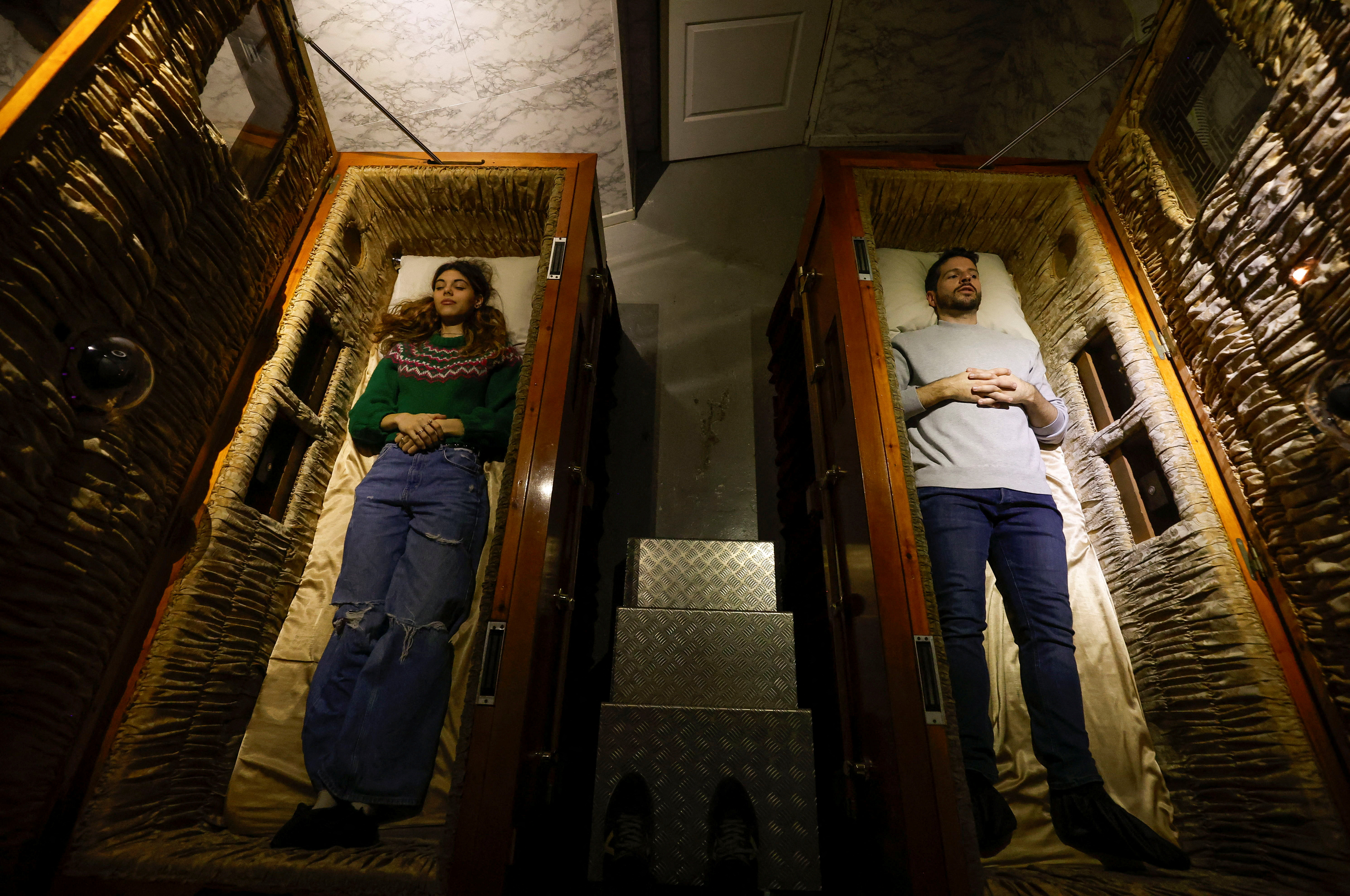Explore the Thrills of the Best Escape Room Orlando for Unforgettable Fun
Explore the Thrills of the Best Escape Room Orlando for Unforgettable Fun
Blog Article
Unlocking the Educational Conveniences of Escape Room Challenges
Integrating escape area obstacles into academic structures provides a special possibility to boost important reasoning, promote synergy, and develop analytical abilities amongst students. These appealing tasks imitate real-world scenarios, fostering an atmosphere of energetic understanding where theoretical concepts shift into functional applications. By combining home entertainment with education and learning, retreat rooms not only increase trainee interaction however additionally prepare them for future obstacles, calling for resilience and collaboration. As we explore the multifaceted benefits of this innovative method, one should think about exactly how these immersive experiences can reshape standard discovering standards. What additional capacity does this technique hold for the academic world?
Enhancing Crucial Thinking
Retreat space obstacles serve as a vibrant and engaging tool for improving critical believing abilities. These immersive experiences require participants to address a series of challenges and puzzles within a set timeframe, promoting a setting where cognitive skills are rigorously examined and developed. The nature of getaway spaces demands an organized method to analytical, motivating people to evaluate information critically, identify patterns, and attract rational final thoughts.
Participants in escape area challenges are typically encountered with intricate problems that require ingenious options, consequently advertising association of ideas. This type of thinking is crucial for identifying connections between seemingly unrelated concepts and for generating innovative solutions. Additionally, the pressure of a ticking clock adds an element of urgency, pushing individuals to assume both quickly and accurately.
Moreover, escape room challenges typically integrate a range of puzzles that appeal to different cognitive toughness, such as sensible thinking, spatial understanding, and mathematical skills. This diversity ensures that individuals work out a wide variety of mental faculties, which is vital to thorough cognitive advancement. Basically, escape areas develop a revitalizing environment that not just delights however likewise cultivates crucial important believing capabilities, making them a valuable instructional device.
Promoting Synergy
Functioning together properly is a critical element of success in escape space challenges, as these tasks inherently demand collaboration among individuals. The structured setting of an escape area requires that people pool their varied skills, expertise, and point of views to address complicated troubles within a restricted duration. This collaborative strategy fosters an understanding of the relevance of each team participant's contributions, therefore enhancing social skills and shared regard.
In an educational context, retreat rooms offer as a vibrant platform for promoting synergy among trainees. By participating in these challenges, pupils learn to interact better, delegate jobs based upon individual staminas, and assistance one another under pressure - best escape room orlando. These experiences translate right into better team dynamics in classroom settings, where participating learning is vital for scholastic success
In addition, the immersive and interactive nature of getaway spaces gives a practical, hands-on experience that strengthens theoretical ideas connected to teamwork. It allows participants to practice and refine vital soft abilities, such as management, energetic listening, and dispute resolution. Therefore, escape area tests not just make learning pleasurable however likewise prepare trainees for future real-world situations where team effort is crucial.
Developing Problem-Solving Skills
Creating problem-solving abilities via retreat area obstacles offers a engaging and one-of-a-kind approach for sharpening essential assuming capacities. These interactive atmospheres present participants with a series of detailed problems and situations that need innovative and logical methods to resolve. By navigating these obstacles, people are obliged to think outside package, adapt rapidly to brand-new details, and apply logical thinking in real-time.

The address hands-on nature of retreat space challenges promotes a sense of seriousness and excitement, which can dramatically enhance pupil motivation. When pupils are participated in a story that requires them to fix problems and conquer barriers, they are most likely to invest initiative and enthusiasm into the understanding tasks. This heightened engagement can cause deeper understanding and retention of the material, as students are called for to use their expertise in real-time situations.
In addition, the joint element of getaway spaces promotes teamwork and interaction abilities. Incorporating getaway room challenges right into academic settings can be a powerful strategy to boost trainee engagement and drive academic success.
Final Thought

Incorporating getaway space obstacles into educational frameworks provides a distinct opportunity to enhance vital reasoning, advertise team effort, and establish analytical abilities amongst trainees. As a result, escape space challenges not just make finding out enjoyable however also prepare students for future real-world circumstances where team effort is essential.
Involving trainees in the understanding process is important my website for academic success, and run away area challenges provide a compelling service to this instructional important. Incorporating getaway space obstacles right into instructional settings can be an effective approach to raise student interaction and drive scholastic achievement.
The vibrant nature of escape areas properly outfits students with crucial abilities for real-world and scholastic success, ultimately enhancing the instructional experience and preparing learners for future challenges.
Report this page